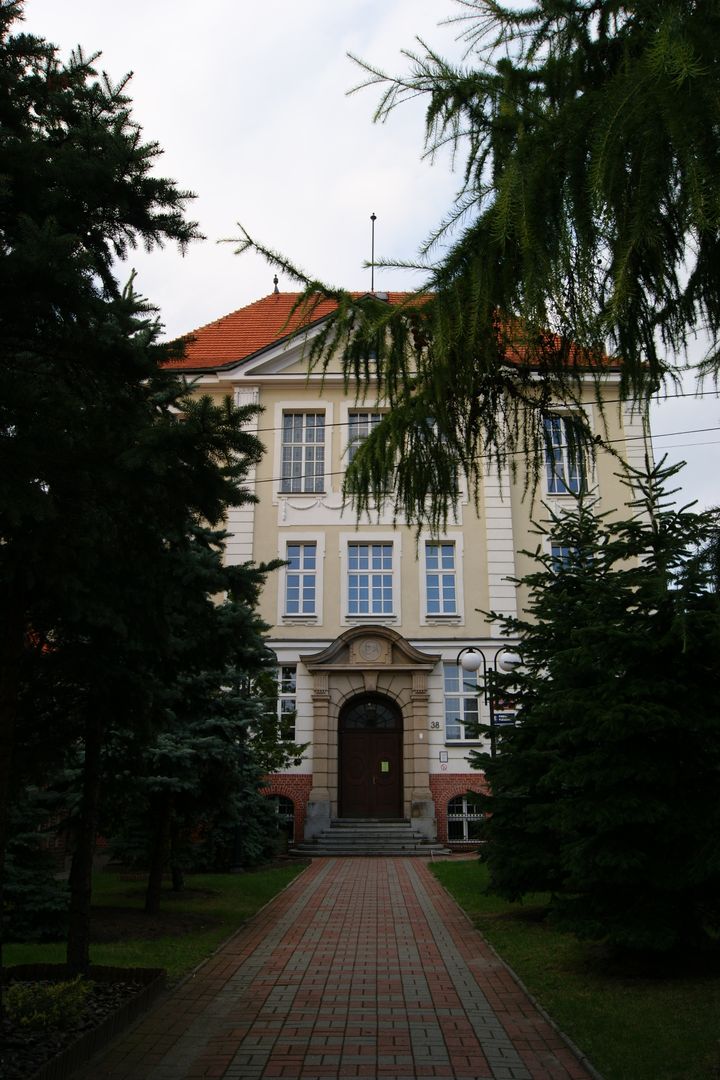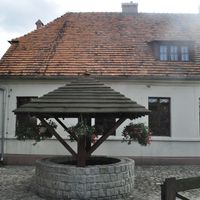Pleszew
6.66

Overview
Pleszew is a town in the Greater Poland Voivodeship, located on the Kalisz Upland, on the Ner River. With a population of 17,356 (as of 2019), it serves as the seat of Pleszew County and the Gmina of Pleszew. The town's patron saint is St. John the Baptist. Pleszew stands out as Poland's first 15-minute city, meaning all essential amenities are accessible within a quarter of an hour on foot, by bicycle, or by public transport. The history of Pleszew dates back to the 9th century BCE, and the first written mention comes from 1283, when the town fell under the jurisdiction of the Kalisz court. In the Middle Ages, Pleszew was a private town owned by the castellan Filip of Cielcza. It was also a center of craftsmanship and Protestantism during the Reformation. As a result of the partitions of Poland in 1793, Pleszew became part of the Prussian Partition, and in 1806, it suffered a tragic fire. In the 19th century, the town experienced economic growth with the establishment of enterprises such as an agricultural machinery construction and repair workshop and a printing house. Pleszew also participated in Polish uprisings, including the Greater Poland Uprising. The town features numerous historical monuments, including a synagogue from 1830 and several churches, such as the Church of the Beheading of St. John the Baptist. Residents can enjoy various cultural attractions, including the Regional Museum and the Museum of Baking. Transport in the town includes both public transit and a narrow-gauge railway. Pleszew also has strong religious traditions, with four Roman Catholic parishes and a congregation of Jehovah's Witnesses. The town is active internationally, maintaining partnerships with other cities. Pleszew attracts investments, including areas within the Wałbrzych Special Economic Zone, and the local authorities are implementing innovative solutions to improve the quality of life for residents, making the town greener and more modern.
Location
You can also find here:
2026 Wizytor | All Rights Reserved
